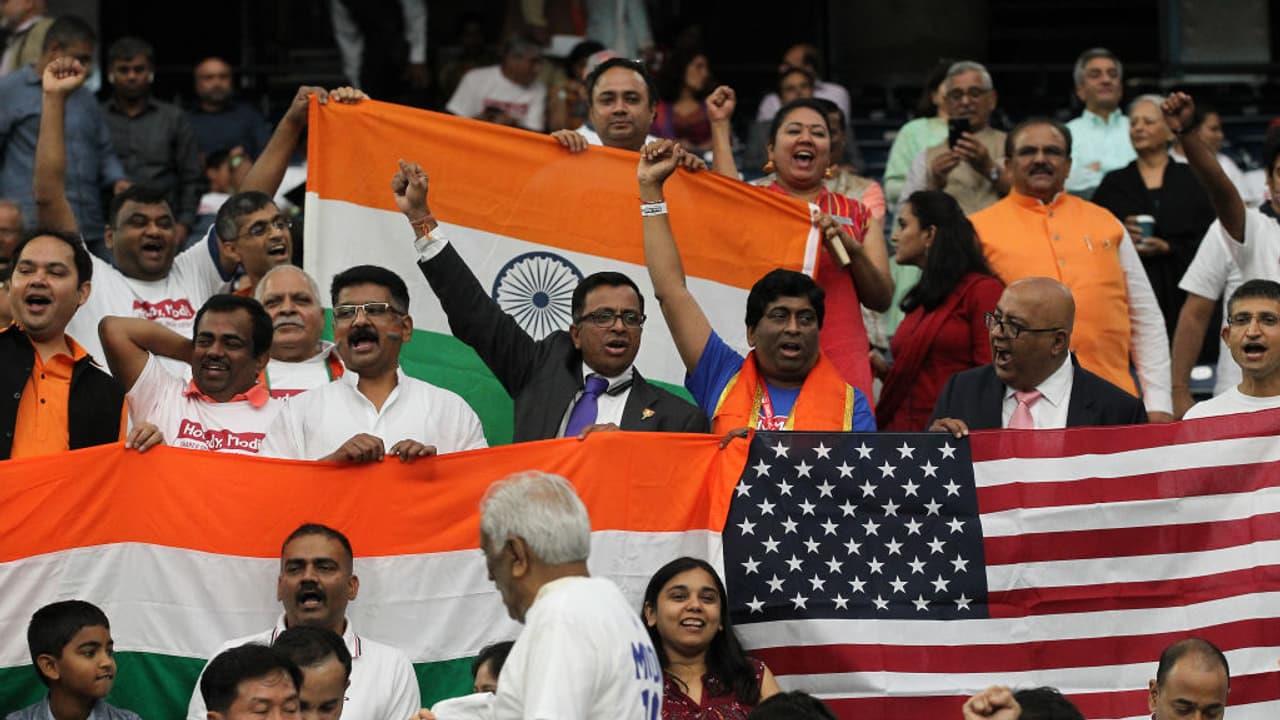
How Indian Americans Can Help Repair India-US Relations Amid Rising Political, Cultural Tensions
India's relationship with the United States has taken a sharp downturn in recent months, with several policy moves from Washington raising concerns in New Delhi. Among the most notable are steep tariffs on Indian goods and a hefty fee imposed on new H-1B visa applications. These developments have prompted questions about the future of Indo-American ties and the role Indian Americans can play in influencing U.S. policy.
While the immediate trigger appears to be differing views on the U.S. President's involvement in mediating a ceasefire between India and Pakistan earlier this year, deeper issues are at play. Two major factors stand out: shifting American strategic priorities in Asia and evolving attitudes toward Indian Americans and Indian culture.
Historically, strong bilateral relationships are built on either shared geopolitical interests or robust people-to-people connections. The most enduring partnerships, like that between the U.S. and the U.K., benefit from both. Until recently, India and the U.S. seemed to enjoy a similar dual foundation. But the current administration's transactional approach to foreign policy has disrupted that balance. In this framework, countries are viewed as dealmakers, rivals, or temporary allies. India, once seen as a counterweight to China, now finds itself treated as just another player.
Transactional Diplomacy Has Undermined India's Strategic Value to the U.S.
Compounding this shift are troubling perceptions of Indian Americans among segments of the American political spectrum. On the right, some harbor resentment toward South Asians, fueled by misconceptions about assimilation, job competition, and the H-1B visa system. On the left, skepticism persists regarding India's domestic politics. These attitudes have created a challenging environment for promoting pro-India policies.
Indian Americans, despite their growing numbers and success, remain politically fragmented. Many immigrants prioritize economic stability over activism, while others support causes that conflict with India's national interests. This lack of unity makes it difficult to present a coherent pro-India agenda in Washington.
Indian Americans Must Unite Around a Shared Pro-India Agenda
To change this, Indian Americans must rally around shared goals that transcend party lines and reflect the broader interests of a strong, secure, and prosperous India. This doesn't mean endorsing any specific political party, but rather advocating for policies that benefit India strategically and economically.
There are lessons to be learned from other diaspora communities. The pro-Israel lobby, for instance, spans the political spectrum and maintains a consistent focus on Israel's security. In contrast, the Indian diaspora is diverse in language, religion, and culture, making consensus harder to achieve. Still, efforts can be made to build common ground.
Indian-origin billionaires and business leaders could play a pivotal role by funding think tanks, cultural institutions, and advocacy groups that promote India's interests. Embassies and consulates should also become more proactive in engaging with American society, including policymakers, journalists, and everyday citizens. Building relationships through informal channels, whether over dinner or on the golf course, can go a long way in shaping perceptions.
Cultural outreach is another powerful tool. Hosting events that showcase Indian films, music, and traditions can foster appreciation and counter negative stereotypes. Encouraging Americans to learn Indian languages, visit India, and engage with its culture can create a base of supporters who genuinely care about India's success.
Youth engagement is equally vital. Programs that connect young Indian Americans with their heritage and India's strategic goals can cultivate future advocates. These individuals, fluent in both Indian and American contexts, are best positioned to articulate India's vision in a way that resonates with U.S. audiences.
Ultimately, the path to stronger India-U.S. relations lies in sustained, grassroots efforts. By investing in cultural diplomacy, political engagement, and community building, Indian Americans and the Indian government can lay the foundation for a resilient partnership. When enough Americans, regardless of background, see India as a valuable ally, the political will to support that relationship will follow.
Legal Disclaimer:
MENAFN provides the
information “as is” without warranty of any kind. We do not accept
any responsibility or liability for the accuracy, content, images,
videos, licenses, completeness, legality, or reliability of the information
contained in this article. If you have any complaints or copyright
issues related to this article, kindly contact the provider above.
Most popular stories
Market Research

- Pepeto Highlights $6.8M Presale Amid Ethereum's Price Moves And Opportunities
- Codego Launches Whitelabel Devices Bringing Tokens Into Daily Life
- Zeni.Ai Launches First AI-Powered Rewards Business Debit Card
- LYS Labs Moves Beyond Data And Aims To Become The Operating System For Automated Global Finance
- Whale.Io Launches Battlepass Season 3, Featuring $77,000 In Crypto Casino Rewards
- Ceffu Secures Full VASP Operating License From Dubai's VARA



















Comments
No comment